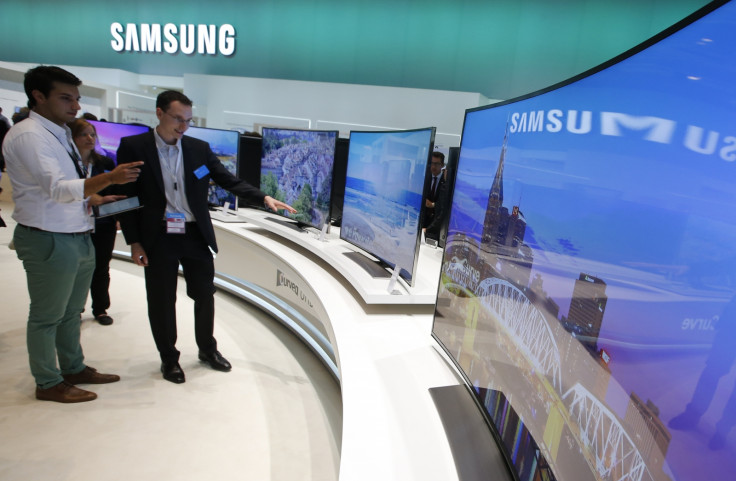Samsung denies its TVs use Volkswagen-style device to cheat energy-efficiency tests

Samsung has strongly rejected claims that its televisions include a 'defeat device' capable of improving a set's power efficiency – and therefore lowering its environmental impact – when tested in a laboratory. The accusations mirror the actions admitted by Volkswagen that millions of its cars were fitted with a system that lowered emissions to legal levels only when tested, not when driven on public roads.
Using data collected by ComplainTV, The Guardian claims Samsung televisions appear more efficient in tests than in real life, prompting the European Commission to open an investigation into allegations of cheating. It is claimed that "several EU states" have raised concerns over the efficiency of consumer electronics.
In a statement on its website Samsung said: "The Guardian newspaper in the UK suggested that one of the power-saving modes used in our TVs has been designed for regulatory lab tests, rather than real world viewing. We firmly reject this suggestion." The company goes on to explain what the mode, called motion lighting, does.
Samsung claims motion lighting reduces power consumption by dimming screen brightness when the picture is in motion.
It is "a standard out-of-the-box feature, which is switched on when the customer takes delivery of their TV," the company said. "[It] remains on whenever the customer chooses to watch their TV in Standard viewing mode. Motion lighting is not a cheat test....[and] is not a setting that only activates during compliance testing."
Samsung says the mode works both at home and in the lab, and "delivers energy savings and helps us to reduce our environmental impact."
'Consistently high energy consumption rates'
The Guardian cites unpublished lab tests conducted by ComplainTV, an EU-funded research group. It claims to have "recorded consistently higher energy consumption rates for [Samsung's] models in real-world situations than in official test conditions". The report found that Samsung TVs switched to the motion lighting mode when subjected to international electrotechnical commission (IEC) test conditions; this includes the playback of fast sequences of varied material from TV broadcasts and DVDs.
Under "real-world viewing conditions" – the Guardian does not say what these are and how these differ to watching TV broadcasts and DVDs – "no reductions in power consumption were registered, making the sets' power consumption, fuel bills and carbon emissions correspondingly higher."
A report by ComplainTV written in February 2015, which does not mention Samsung by name, said: "The laboratories observed different TV behaviours during the measurements and this raised the possibility of the TVs detecting a test procedure and adapting their power consumption accordingly." However, while it claims some TVs "gave the impression that they detected a test situation," ComplainTV admits that any actual changing of power consumption "was not proven [within the tests]."
Addressing any use of defeat devices by all TV manufacturers, the European Commission said it is "proposing specific text to clarify that [defeat device use] is illegal and that products found to behave differently under test conditions cannot be considered compliant... the commission will investigate whether this practice is used in other product sectors."
© Copyright IBTimes 2025. All rights reserved.






















